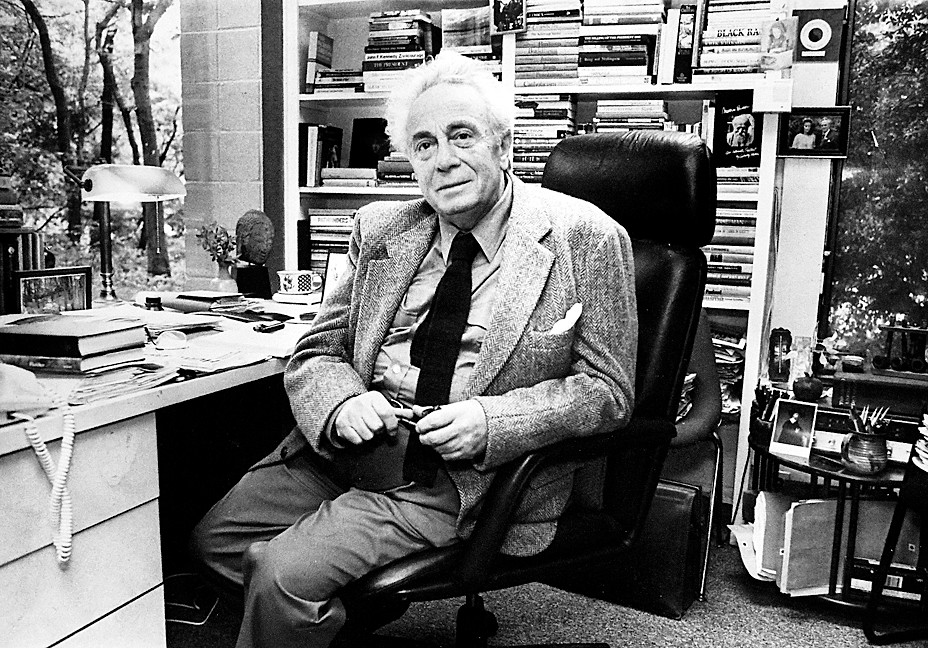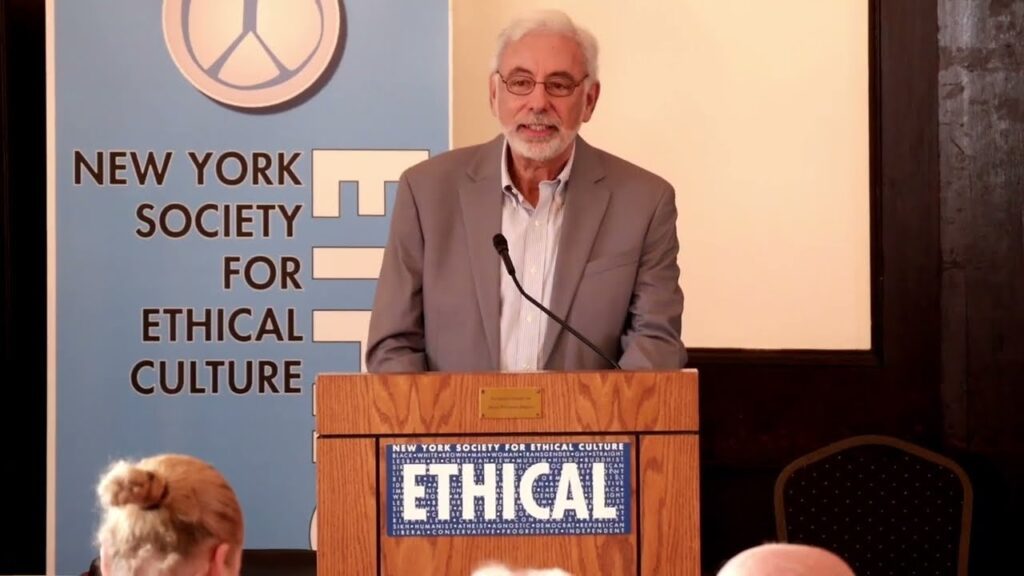
Last month I received the following email from Professor Dr. Youri Devuyst from the Institute for European Studies at the Vrije Universiteit Brussel in Belgium.
“I am contacting you regarding the remarkable writings by the late Matthew Ies Spetter. . . My now 86 year old father, a humanist leader in Belgium, who was one of the transatlantic friends of Dr. Spetter and Howard Radest, recently drew my attention to Dr. Spetter’s book Man – The Reluctant Brother: An Exploration of Human Courage.
“Starting with a strong plea for ‘truth,’ the analysis (published in 1967 by Fieldston Press) provides a truly outstanding insight in the Trump era. Few of today’s observations match the depth of pages 157-171 on ‘A homebred fascism?’ and ‘The success of unreason.’ At the same time, the book offers a path for living together in human community, as brothers, based on what Dr. Spetter calls a ‘Passio Humana.’
“I think it really matters that the wisdom displayed in Dr. Spetter’s book is remembered, especially in the Ethical Culture movement. While I am sure you do, I also wanted to let you know that Dr. Spetter’s writings have not been forgotten on this side of the Atlantic.”
Dr. Spetter’s inspiring life and words have not been forgotten here, but I confess that I needed this reminder to return to him for guidance in these troubling times.
After seeing Nazis throw children into a truck from a Jewish orphanage in his native Holland, he joined the Dutch Resistance at the age of 23 and worked to help Jewish families escape. He later worked with Allied military intelligence before he was captured, tortured and sentenced to death in 1943. “In Holland you were either on the side of the executioners or the victims,” he said. “You had to make an existential choice.” Two years later, weighing 68 pounds, he fled through the woods to escape the Buchenwald concentration camp and later testified as an Allied witness at the International War Crimes Tribunal in Nuremburg, Germany. Dr. Spetter was awarded the Resistance Cross by the government of the Netherlands.
In 1951, Dr. Spetter and his family moved to the United States where he discovered the Ethical Movement and soon became an Ethical Culture Leader, serving the Riverdale-Yonkers Society, The Encampment for Citizenship, and the Ethical Culture Fieldston Schools for several decades. He also founded the Riverdale Mental Health Clinic in 1960, which remains an important community resource today. Among his many written works, Man, the Reluctant Brother remains my favorite. Dr. Devuyst is right: It does indeed provide insight into the Trump era.
This book illustrates what Dr. Spetter called his “militant humanism” and analyzes the impermissible fanaticism that allows the killing of innocents. From his experience as clergy, counselor, and professor of Social Psychology, he called for a nurturing of trust as the fundamental law of life, a nurturing of the fullness of human capacity, without the delusion of perfectionism.
“I need truth,” he wrote, “because I was an eyewitness to the premeditated murder of children. The killers were men and women of a nation much akin to my own. The children were ours. I need truth because my generation allowed the ultimately impermissible and because such killing continues. Men everywhere, while protesting their abhorrence, are still willing to permit the impermissible, still willing to kill as ‘a necessary evil,’ still willing to appease their conscience with justifications which fasten the tyranny of evil upon their souls. . . I have seen this
[atrocities] and speak of it, not with sentimentality but with outrage and I will not permit it to be locked from your heart.”
Today we are witnessing outrageous acts against fellow Americans and immigrants, against our environment and our children’s future. Some can be attributed directly to our new president in the form of his executive orders and his appointment of cabinet officers. Others are performed by domestic terrorists emboldened by his support of their racism, misogyny, and other forms of hatred. We must not allow this behavior to be locked from our hearts. We must stand up and take action, resisting any policy that treats human beings as “others” to be dismissed, derided and deported.
Dr. Spetter ends with a note of hope: “I hold deeply that each life is a gift which the centuries bestow upon the continuity of existence. A Passio Humana, a passion for Man, is what will negate totalitarianism and oppression, it will open the jail-doors of history, provided our mutuality and love outpace our tools. All of us are constantly close to death and yet we are also in touch with the perpetuation of life through what we create and build.”
Dr. Matthew Ies died peacefully at his home on December 30, 2012, surrounded by his family.








